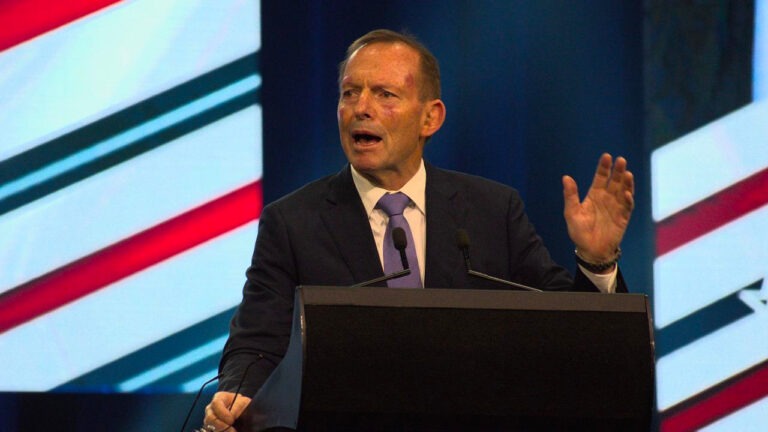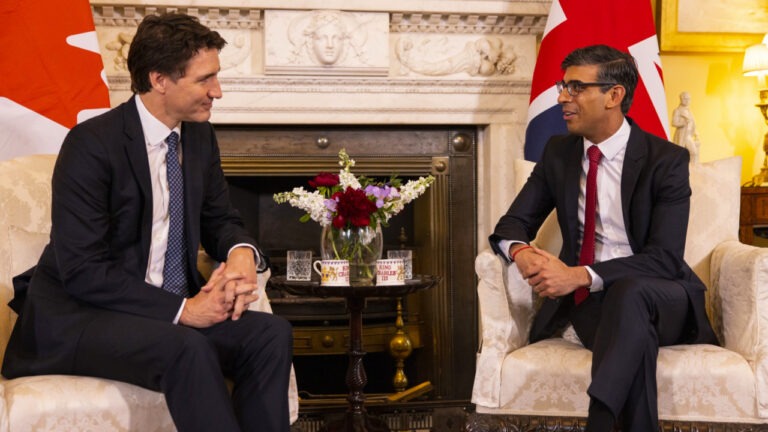
Joshua Thomson
Joshua is CANZUK International's Senior Associate
for Eastern Canada based in Saint John, NB
The Prime Ministers of Australia and New Zealand met yesterday to discuss the significance of China to their respective countries’ economies.
Chris Hipkins, the Prime Minister of New Zealand, made his first overseas trip to Australia since he took office on January 25th, succeeding Jacinda Ardern. During a joint news conference with Australian Prime Minister Anthony Albanese, Hipkins assured that the foreign policy direction of New Zealand remains unchanged since Ardern left office.
When asked about Ardern’s reluctance to stand up against China’s “wolf warrior diplomacy”, Hipkins stated that China is a crucial partner for New Zealand, both economically and in other areas. However, he also acknowledged that there may be instances where they disagree with China and they will continue to voice their concerns and work to strengthen their relationship.
When asked about Ardern’s reluctance to stand up against China’s “wolf warrior diplomacy”, Hipkins stated that China is a crucial partner for New Zealand, both economically and in other areas. However, he also acknowledged that there may be instances where they disagree with China and they will continue to voice their concerns and work to strengthen their relationship.
Albanese stated that restoring good trade and economic relations with China is part of Australia’s national interests. He added that his government will cooperate with China when it can, disagree where necessary, and always prioritize the national interests of Australia.
On Monday, Chinese and Australian trade ministers held their first meeting in over three years, marking a major step towards normalizing their relations. Australian exporters currently suffer a loss of A$20 billion (US$13.9 billion) annually due to official and unofficial trade barriers on products such as coal, beef, seafood, barley, and wood. These barriers are widely seen as Beijing’s retaliation for disagreements with the previous government, including their calls for an independent inquiry into the COVID-19 pandemic.
In contrast, New Zealand has managed to avoid trade retaliation by avoiding criticism of China. However, in 2021, New Zealand faced criticism from its Five Eyes security allies (the US, Canada, the UK, and Australia) for not speaking out against China on certain human rights issues.
When asked about joining the AUKUS security partnership with Australia, the US, and the United Kingdom, Hipkins stated that all three countries are important security partners for New Zealand, but their nuclear-free policy remains unchanged.
On Monday, Chinese and Australian trade ministers held their first meeting in over three years, marking a major step towards normalizing their relations. Australian exporters currently suffer a loss of A$20 billion (US$13.9 billion) annually due to official and unofficial trade barriers on products such as coal, beef, seafood, barley, and wood. These barriers are widely seen as Beijing’s retaliation for disagreements with the previous government, including their calls for an independent inquiry into the COVID-19 pandemic.
In contrast, New Zealand has managed to avoid trade retaliation by avoiding criticism of China. However, in 2021, New Zealand faced criticism from its Five Eyes security allies (the US, Canada, the UK, and Australia) for not speaking out against China on certain human rights issues.
When asked about joining the AUKUS security partnership with Australia, the US, and the United Kingdom, Hipkins stated that all three countries are important security partners for New Zealand, but their nuclear-free policy remains unchanged.
Heading photo: AFP
Share this:
Facebook
Twitter
LinkedIn
WhatsApp
Email





